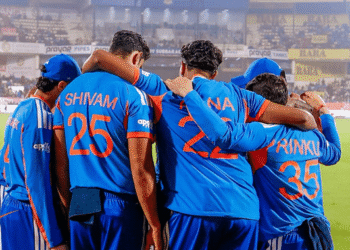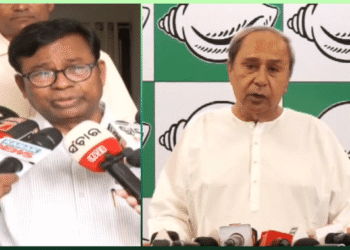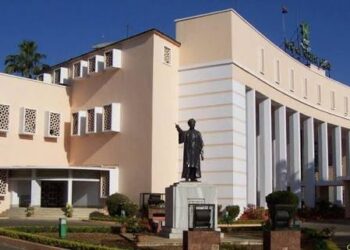Amid escalating tensions between India and Pakistan following the April 22 terror attack in Jammu and Kashmir’s Pahalgam that left 26 people dead, United Nations Secretary-General Antonio Guterres held separate phone conversations with Indian External Affairs Minister S. Jaishankar and Pakistani Prime Minister Shehbaz Sharif on Tuesday.
Guterres strongly condemned the attack and emphasized the need for justice and accountability through lawful means. He also expressed concern over the rising hostilities between the two nuclear-armed neighbours and called for immediate de-escalation to avoid any tragic consequences.
Speaking at a daily press briefing, Guterres’ spokesperson Stéphane Dujarric confirmed the calls, stating, “The Secretary-General reiterated his strong condemnation of the April 22 terrorist attack in Jammu and Kashmir. He stressed the importance of pursuing justice lawfully and avoiding confrontation.”
In a social media post, Jaishankar acknowledged the call, writing,
“Received a call from @UN SG @antonioguterres. Appreciate his unequivocal condemnation of the terrorist attack in Pahalgam. Agreed on the importance of accountability. India is resolved that the perpetrators, planners and backers of this attack are brought to justice.”
Meanwhile, Pakistan Prime Minister Shehbaz Sharif also shared his version of the conversation on X, claiming he urged the UN chief for a “transparent and neutral investigation” into the Pahalgam incident.
“I reaffirmed Pakistan’s condemnation of terrorism in all its forms, rejected baseless Indian accusations, and called for a neutral probe. Pakistan remains committed to peace but will defend its sovereignty with full force if challenged,” Sharif wrote.
Pakistan’s Information Minister Attaullah Tarar, meanwhile, alleged that India was preparing for military action within 24-36 hours—claims viewed by observers as an attempt to deflect criticism over Pakistan’s failure to prevent cross-border terrorism.
The UN Secretary-General has offered his “good offices” to mediate and help de-escalate the situation, reflecting growing international concern over the risk of a larger conflict.





























